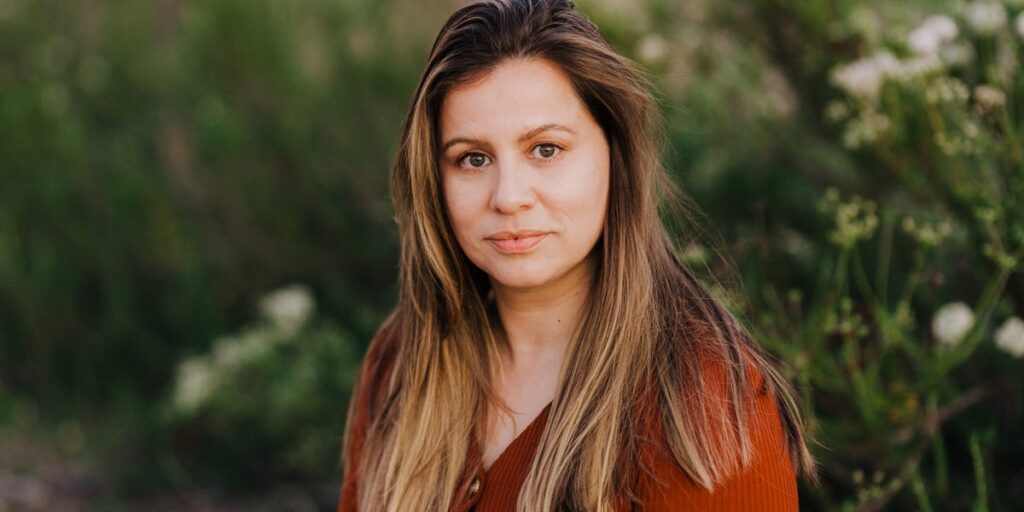I want to raise my young daughter without the pressure to become a “Sephora kid” obsessed with makeup. It’s essential for me to educate her about the potential dangers of the beauty industry and the risk of damaging her skin at such a tender age. I want her to understand that true beauty isn’t dependent on makeup or the perfect filter.
As a skincare enthusiast, I take joy in my routine, whether it’s the refreshing feeling in the morning or an evening treat after a long day. My love for skincare even led me to co-found a beauty brand that was available at Target and Nordstrom. Yet, when my daughter, currently in pre-k, reaches her tween years and inevitably asks for skincare or makeup products, my answer will be a firm “not yet.”
The term “Sephora kids” refers to younger generations, particularly Gen Z and Gen Alpha, who have become so enamored with skincare that beauty retailers are struggling with kids causing chaos in their stores. Some summer camps are even banning tweens from bringing skincare products. I see some parents implementing rules on what their kids can purchase, but I personally believe that no child should use makeup or skincare until they are older. Here’s my perspective:
I want my daughter to recognize that beauty isn’t synonymous with makeup. Recently, she’s expressed a desire to wear my makeup to feel beautiful, and I take this opportunity to explain to her that makeup is more about enhancing one’s look than increasing beauty. I remind her that she is already beautiful as she is.
While it’s completely fine to enjoy makeup, I don’t want her to grow up feeling unworthy or dependent on products to “improve” herself. We live in a world deeply impacted by social media, where various filters and AI technologies can create an illusion of flawlessness. Research links higher social media usage with increased anxiety, depression, and low self-esteem in teenagers. As she transitions into her teen years, I aim to prevent her from experiencing these pressures by teaching her about the authenticity of what she sees online.
I engage in conversations about media literacy with her, discussing how filters work and encouraging her to question whether a video or image has been digitally altered. I hope this foundational understanding empowers her to identify the reality behind beauty influencers on social platforms.
When she enters her tween years, she won’t need certain products marketed toward adults, such as those with collagen-boosting ingredients or aggressive exfoliants. A young person’s skin is already rich in collagen, and the potential for oxidative damage comes much later. If she seeks recommendations for exfoliants, my advice will be to skip them as scrubbing can harm her skin barrier, leading to irritation.
In addition, I want her to be discerning about skincare trends, helping her to ask the important question: “Is this right for me?” Many products intended for mature skin, like retinol or vitamin C, might not be beneficial for her youthful complexion and could cause more harm than good.
I’ve also been guilty of overconsumption in the beauty realm, and I want to model better shopping habits for my daughter. She’ll learn that she doesn’t need an excessive number of cleansers or mascaras. I want her to resist the urge of shopping for the sake of it, avoiding the dopamine rush associated with new purchases and the “retail fear of missing out.”
Moreover, I plan to teach her about wastefulness in our industry. When she sees a skincare product, I want her to recognize the plastic waste produced and how much of it ends up in landfills.
Even leaders in the beauty industry, like the CEO of Sephora, acknowledge that teens realistically only need a handful of essential products. My goal isn’t to discourage her from exploring skincare; rather, I want her first experiences in beauty to be age-appropriate, grounded in knowledge and confidence. Through this, I hope she never identifies with the term “Sephora kid.”


